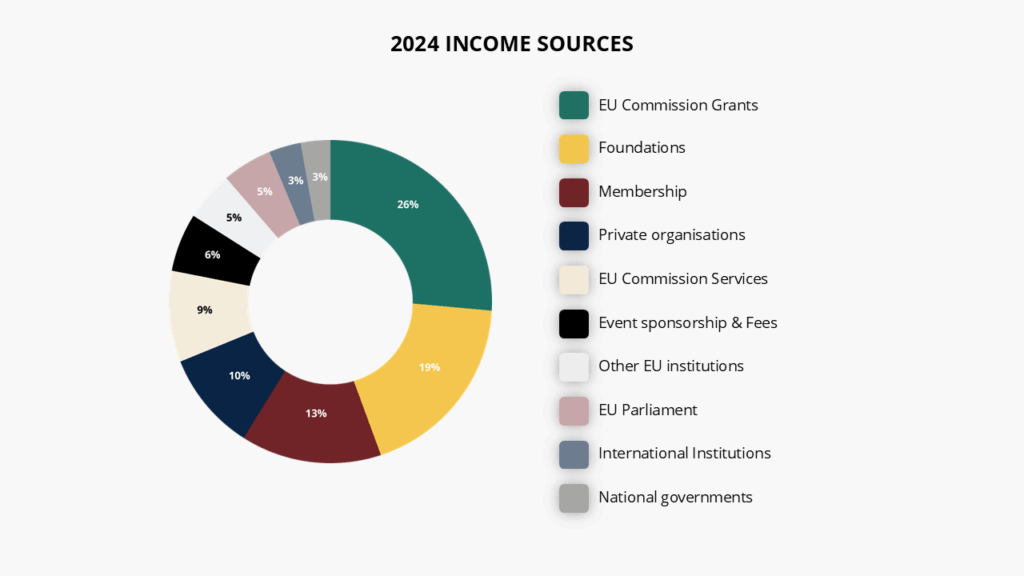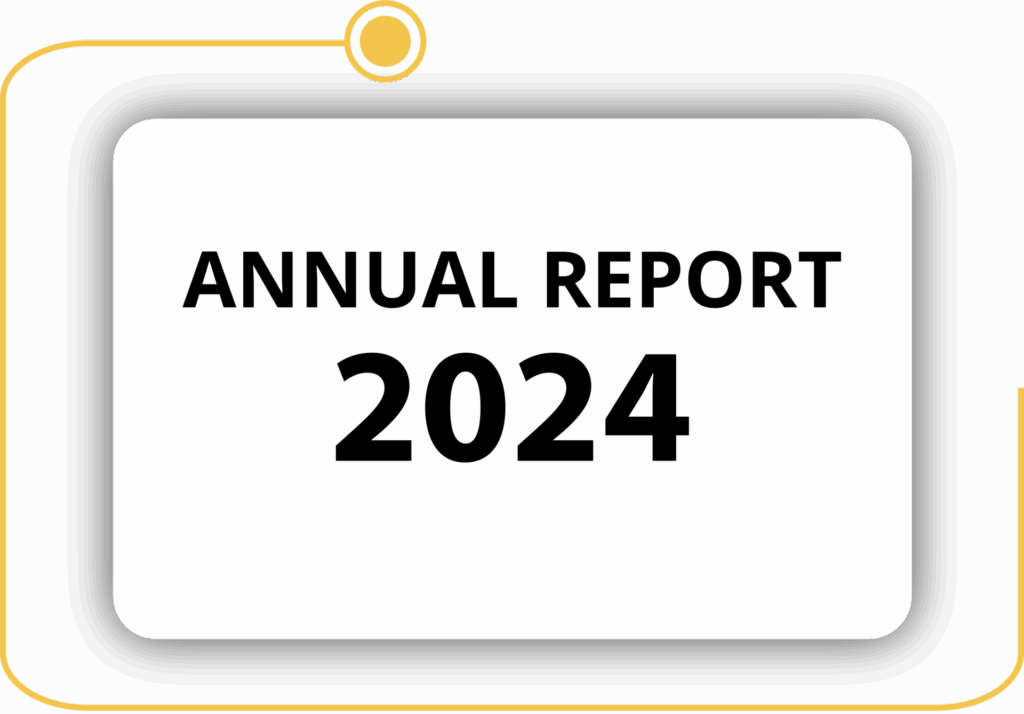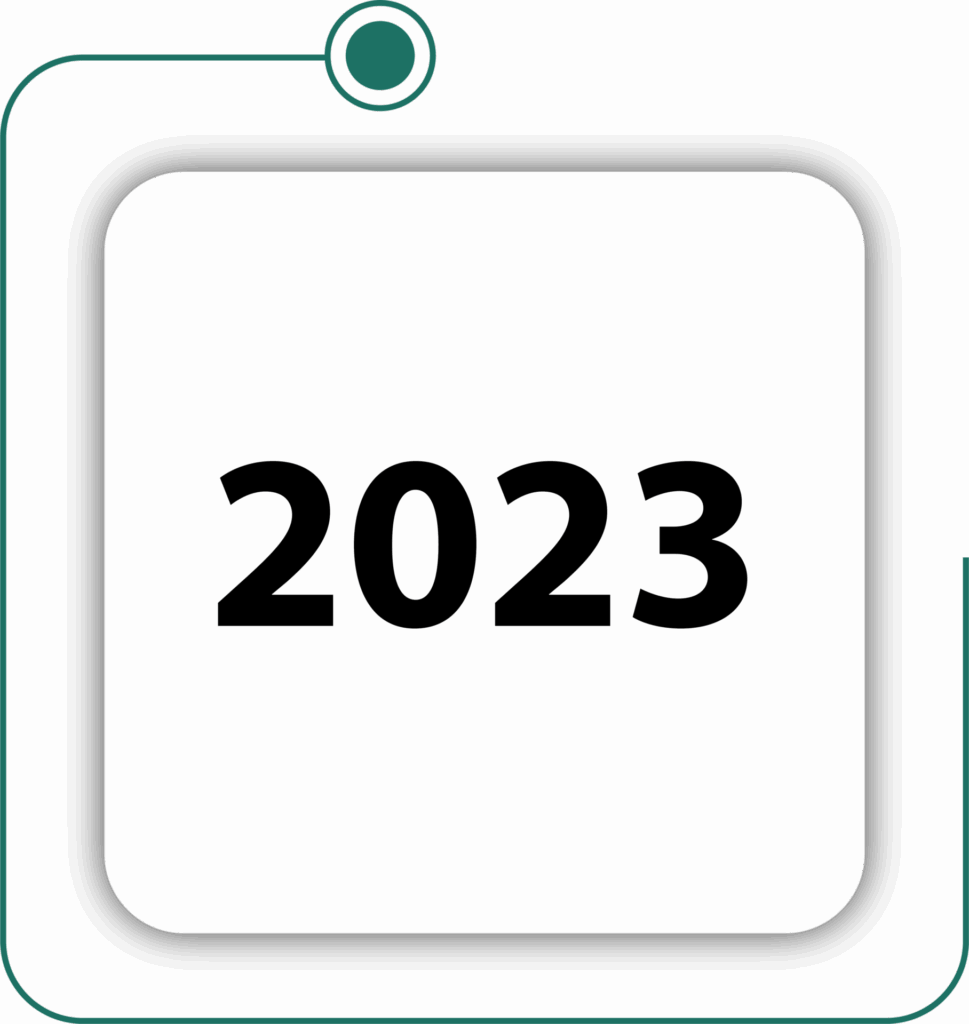Who we are
Founded in Brussels in 1983, CEPS (Centre for European Policy Studies) is a leading think tank and forum for debate on EU affairs, ranking among the top think tanks in Europe.
With an exceptionally strong in-house research capacity and an extensive network of partner institutes throughout the world, CEPS has amply demonstrated its ability to anticipate trends and to analyse policy questions well before they become topics of general discussion. At CEPS, researchers conduct policy research across a diverse array of areas: from finance, migration, asylum, and borders to economic and monetary affairs, employment, social affairs and inclusion, as well as foreign and security policy, energy and climate change, AI, digitalisation and innovation, human rights and justice, taxation, and trade.
Our Strengths:
 |
 |
 |
What we do:
As one of the few think tanks in Brussels covering most European policy areas, we offer exchanges, provide insights on and potential solutions for EU policy-making through:
How we do it:
Maintaining Independence
Our institutional independence is upheld by the individual independence of our scholars. CEPS does not take positions on issues but is dedicated to:
- Conducting state-of-the-art policy research.
- Achieving high standards of academic excellence.
- Providing a forum for discussion among all stakeholders.
- Building collaborative networks across Europe.
For further details, refer to our Integrity Statement.
Fostering Inclusivity
Our commitment to inclusivity is embodied in the CEPS policy on diversity and inclusion, which aims to:
- Secure equal opportunities and fair and equal treatment for every single person who works at CEPS, regardless of gender, gender identity, age, racial and ethnic origin, sexual orientation, socioeconomic background, religious or political beliefs, education, physical and mental ability, or other aspects of one’s identity.
- Encourage a more systematic and inclusive approach within CEPS research and publications
- Promote diversity and inclusion in the organisation of events and through diverse communication channels
Learn more here
Protecting Data Privacy
Data protection is of a particularly high priority for the management of CEPS. Our Data Privacy Policy outlines how we handle your personal information.
Learn more here.
Governance and financing
CEPS Board
The CEPS Board is composed of independent personalities with broad research and policy experience, representing their individual views only. The board provides the strategic direction of the organisation and supervises its independence, the work of the management team and the financial performance of the organisation.
Statutes
CEPS is a non-profit international association under Belgian law (AISBL), governed by its statutes (dated 11 April 2006).
Financing
Our funding comes from a diverse mix of sources, including corporate and institutional memberships, research projects, foundation grants, and conference fees. Detailed financial information is available in our Annual Reports.

Annual Reports

 |
 |
 |
 |
 |
 |
 |
 |
 |
 |
 |
 |
 |
Membership
Our membership network is made up of approximately 170 members from many different types of industries and associations. At CEPS we rely on a broad and stable membership base to support our mission, maintain our independence and keep abreast of trends in the European landscape. In addition, our members serve as crucial sounding boards to test the feasibility of our policy recommendations.
CEPS offers different kinds of membership. Learn more about it on our Membership Section.
Awards and Recognitions
 |
CEPS received the 1-star Ecodynamic Organisation Label in March 2022. This accolade recognizes our efforts to minimize the environmental impact of our activities. Learn more. |
 |
In recognition of our commitment to excellence, CEPS received the HR Excellence in Research award (HRS4R) in 2019. |

